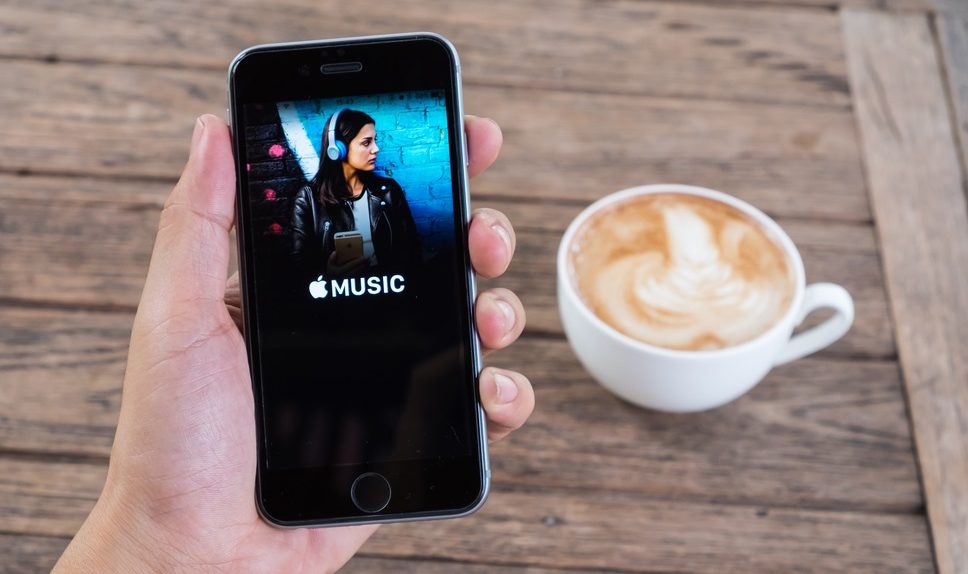Ben Thompson, the tech analyst behind the influential and widely read Stratechery blog, published a kind of mea culpa a few days ago in which he pretty much did an about-face in regards to Apple Music. He says his earlier analysis of the service, as a means to an end for Apple, was “flat out wrong.”
If you don’t subscribe to his blog (which is paywalled), you can see some of the relevant comments here, but basically, Ben was pointing out that Apple’s move to bring its streaming music service to the Amazon Echo is a “stunning” decision that “quite explicitly favors one of Apple’s services (Apple Music) over one of Apple’s hardware lines (the HomePod).”
Meanwhile, we have another bit of news showing how Apple is slowly expanding Apple Music beyond the company’s hardware which it’s heretofore been relegated to. In recent days, Apple filed for a trademark with the US Patent and Trademark Office for “Apple Music for Business.” The idea seems to be that Apple would use this banner for allowing businesses — like, say, your local coffee shop — to stream Apple Music in public, which you’re not allowed to do currently since subscriptions don’t cover commercial usage.
You can read the trademark filing here. It mentions uses under “International Class 038” and “International Class 041,” including “broadcast and transmission of streamed music, audio, video, and multimedia content by means of radio, television, internet, and satellite for business use.” The usage is envisioned to take place in “retail establishments, public areas, and commercial establishments.”
Apple hasn’t made any announcement along these lines, and as with news related to patents we should include the caveat that the company may not end up using this trademark. However, if the company does, this would make the service one of the first of the big streaming music players to do so.
As Cult of Mac notes in a piece today, businesses have to buy licenses from performing rights organizations that can cost anywhere from hundreds to thousands and even tens of thousands of dollars per year. It depends on the size of the business and how the license is used, among other things. Businesses that don’t have such a license and which broadcast or host live music anyway are sometimes in the news for being hit with stiff fines.
Apple, presumably, could make that process of securing approval easier and give businesses a more convenient way to deal with music they want to play should the company end up moving forward with this.







